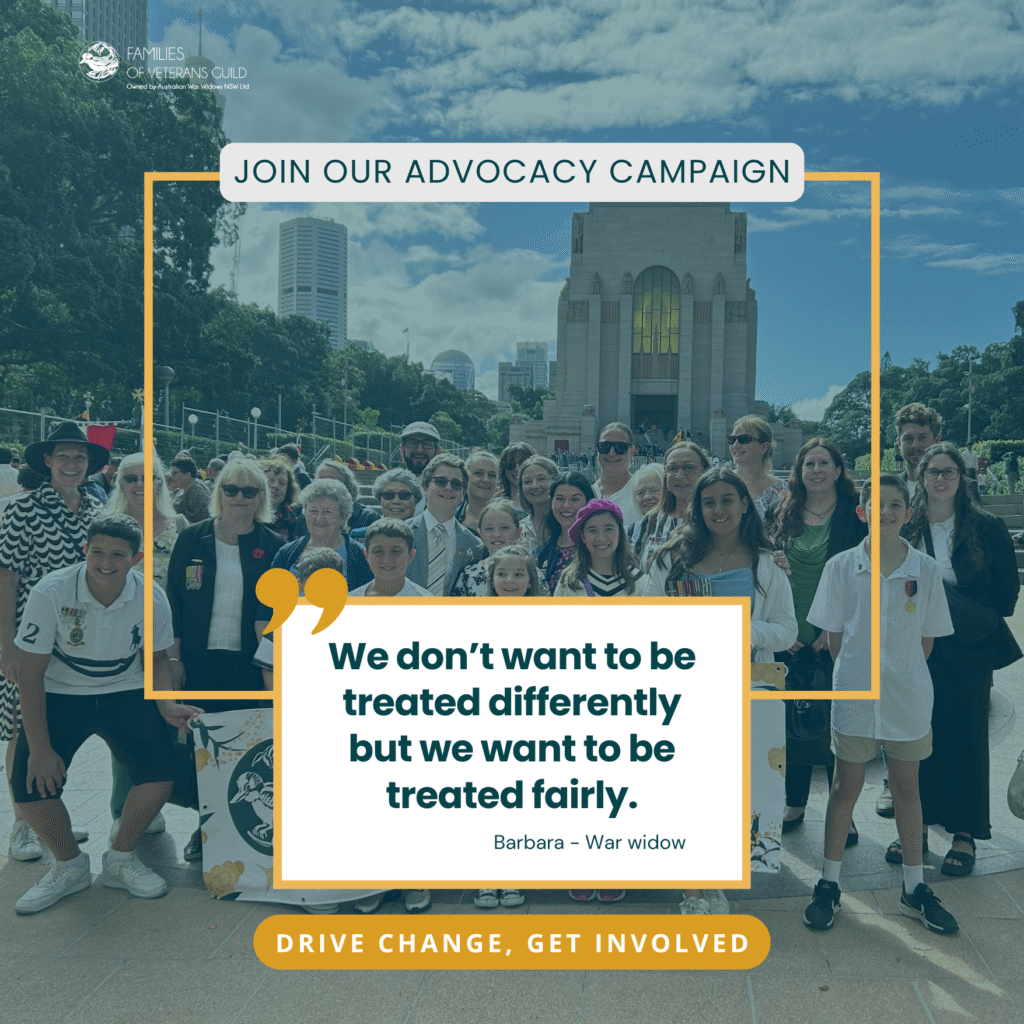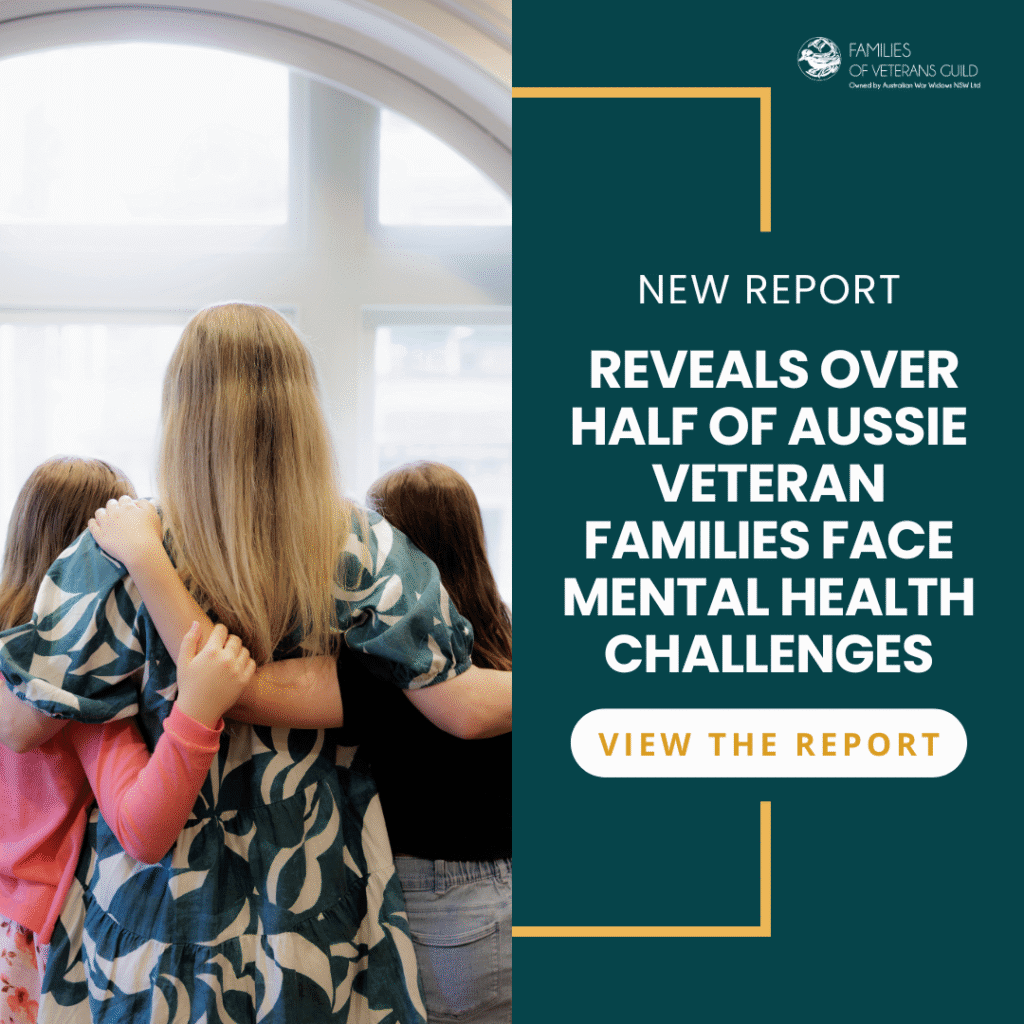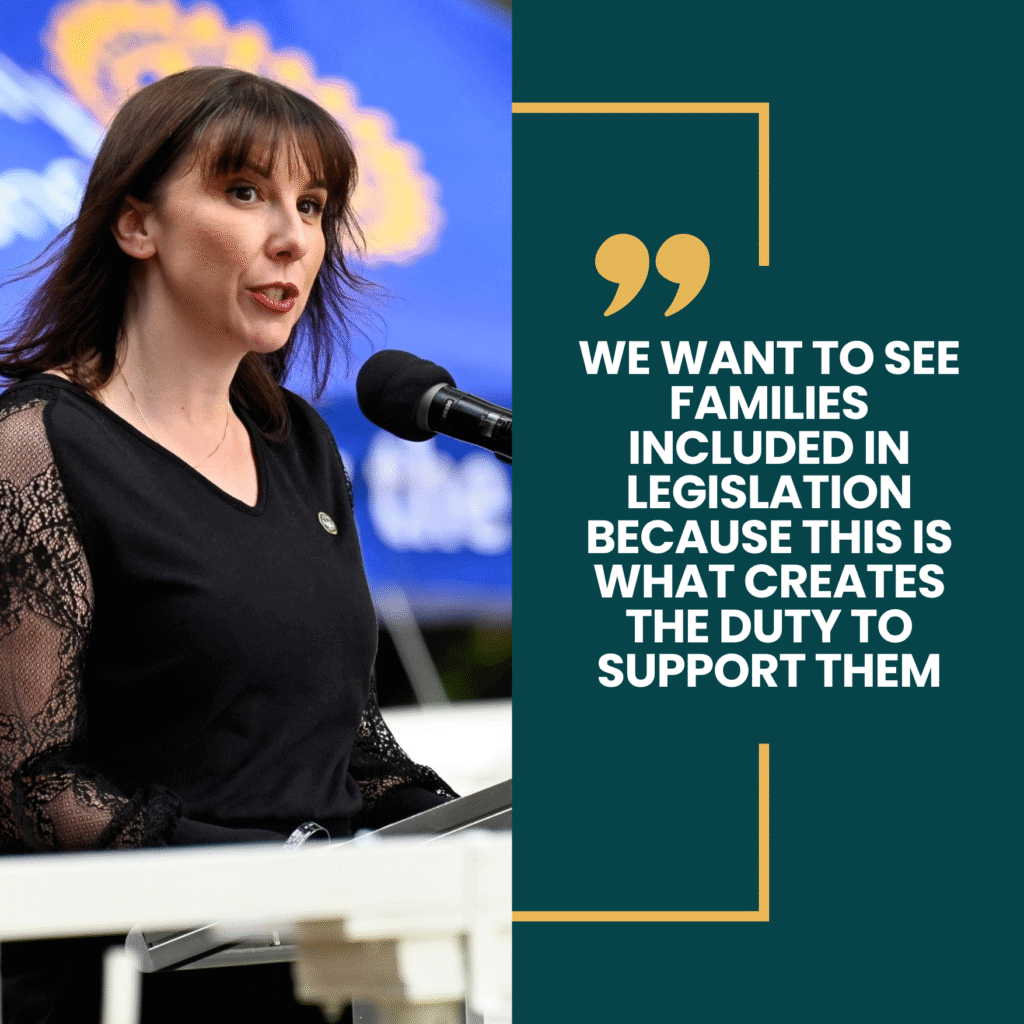Undervaluing of veterans and their families in the current budget
Renee Wilson, CEO of the Families of Veterans Guild responds to the Albanese Government’s latest defence budget announcement. Read below to see Renee’s response, bringing attention and advocating for defence and veteran families after another missed opportunity in the current budget.
“There is no greater responsibility for the Albanese Labor Government than keeping Australians safe and securing our nation’s future during a time of global uncertainty.” Said a joint media release from the Minister for Defence, Minister for Defence Industry and Minister for Defence Personnel last night when they announced an additional $50.3 billion into the development of technical defence capability.
Very little was said from the Veteran’s portfolio and perhaps when you do the math its easy to see why. Brining together what has been allocated to the Department of Veteran Affairs both in additional public sector positions (47 million) and 11.9 million in the continuity of a handful of programs that accounts for just 0.12% of what the Government has allocated to the development of technical capability.
In this budget, less than 1% of what will be spent in Defence Industry is being spent on improving the wellbeing of veterans and their families.
As raised by The Royal Commission into Defence and Veteran Suicide, there is systemic underfunding and ongoing failures within the veteran support system, including that there is very little support for the veteran families who are critical to their veterans’ health and wellbeing.
The defence and veteran related focus areas of this budget demonstrate a persistent undervaluing of the long-term impacts of service and needs of veterans and their families.
Hiring more civil servants into government departments alone, as the budget outlines, will not meet the complex needs of veterans and their families. As the Royal Commission proved, Government and its departments simply cannot do everything. There is a role for Government and there is a role for the support sector as well.
Government and indeed the Department of Defence already know this which is why when it comes to developing technical capability, Defence partners with industry. It knows to move quickly it needs non- government support. Yet despite the urgent need identified by the Royal Commission we are yet to see a similar approach when it comes to the lifetime health and wellbeing of veterans and their families.
In addition to the many needs this budget over looks it leaves out those few support.
The families of our veterans.
This budget overlooks the circumstances for widows of the Afghanistan War who remain barred from accessing crisis support and children of veterans who have died and have lost their health care cards. It does not improve the circumstances for partners, parents and children of veterans facing mental health challenges and illness because someone in their family defended Australia. Nor does it improve the circumstances of families struggling under the weight of care giver burnout as they care for their wounded, injured, or ill veteran. It does not improve the circumstances of those bearing the ultimate burden, the loss of a loved one through their service to our country.
Investing in the wellbeing of veteran families is not merely a matter of compassion; it is a strategic imperative for the recruitment and retention of ADF personnel and for national security. We need robust investment into developing the entire veteran support sector. We need the same approach Government takes in developing technical defence capability.
The current budget is another missed opportunity to genuinely acknowledge the role families in enabling the defence of our nation; and make meaningful change for veterans and their families.




